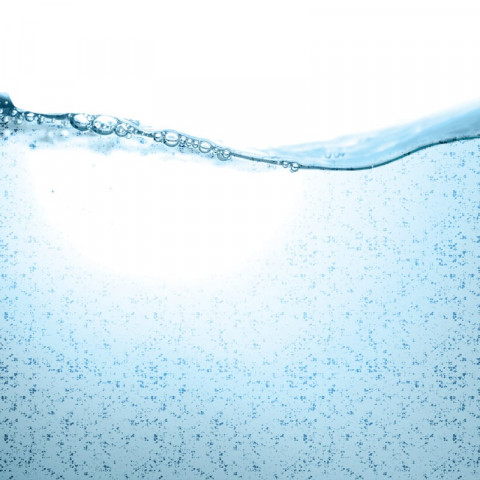Prevention is better than cure: Rising heat, no chlorine make Karachi highly susceptible to Naegleria Fowleri
The brain-eating amoeba attacks the nervous system, leaving little chance of survival.

Prevention is better than cure: Rising heat, no chlorine make Karachi highly susceptible to Naegleria Fowleri
The axion, prevention is better than cure, could not have been truer than in the case of the Naegleria Fowleri. For once this brain-eating amoeba has entered the body, it quickly invades and attacks the human nervous system and brain, leaving little chance of survival for the patient.
The parasitic amoeba thrives in poorly chlorinated potable water. Ironically, the symptoms are often wrongly diagnosed as meningitis in the first stage. This is because a large number of healthcare providers are not even aware of the disease due to its low occurrence.

The incidence in Karachi, however, has been worryingly high over the last few years. At least 10 people, including a pregnant woman, have been reported to have succumbed to the deadly amoeba since May. Health officials fear that the number could be higher as the disease is not diagnosed easily.
There is no verifiable data to suggest how many patients have died across the country because of the parasitic amoeba or when the first patient was diagnosed.
“The first case was reported in 2008,” said Dr Afia Zafar, a consultant microbiologist at the Aga Khan University. Around five to eight cases have been reported annually since then.
Dr Zafar was of the belief that early diagnosis greatly increases the chances of survival. Laboratories, however, don’t carry out specific tests for the disease, she lamented, adding that there may be several unreported cases at any given point. “We don’t have any medication or vaccination to counter the parasitic amoeba,” said senior ENT surgeon Dr Qaiser Sajjad. “Treatment is very difficult if a patient is brought to the hospital in a serious condition,” he added.
The incubation period is said to be two to seven days in most cases. “A doctor cannot treat the ailment if it is not diagnosed properly,” reflected Dr Abdul Ghafoor Shoro, a family physician and chest specialist.
In the first stage, the indications are largely similar to the common cold, with the patient suffering from flu-like symptoms, headache, cough, mild fever and chest infection. As the disease progresses into the secondary stage, the patient becomes comatose.
One such patient was brought to the National Medical Centre on September 3. “He was feverish on the first day and had an acute headache the very next day,” said Muhammad Siddique Rind, the younger brother of 50-year-old Mehram Ali, from village Buchheri, Nawabshah, who is admitted to the ICU at the National Medical Centre.
Doctors had identified a swollen vein in Ali’s brain. “He was not in his senses and had lost his memory,” Rind told. “The laboratory tests have now confirmed that he was affected by Naegleria Fowleri.”
Chlorine dilemma
According to the Karachi Water and Sewerage Board (KWSB), it has taken 3,141 water samples from different parts of the city and only 561 samples were found to have a low percentage of chlorine. On the other hand, health officials say that potable water in at least 30 per cent of the city does not have the requisite amount of chlorine. There is even confusion surrounding the appropriate percentage of chlorine among health and KWSB officials.
“Excessive chlorine content in the water is harmful,” said the focal person of the Naegleria Committee and the KWSB chief chemist, Azam Khan. Dr Sajjad, however, disagreed.
Fixing blame
There is also confusion over who is to be blamed for the deaths, particularly in the provincial capital. The Karachi Metropolitan Corporation’s health officials hold the KWSB responsible. The latter, on the other hand, claim that the sewage lines are interlinked with water supply lines, which promotes the spread of diseases such as the Naegleria Fowleri.
“The required level is not being maintained,” alleged Karachi EDO Dr Zafar Ejaz.
Healthcare providers also believe that climate change and the delay in monsoon rains have aggravated the issue. They say that deaths being reported in Karachi were due to the availability of laboratory facilities. They also believe that there are only two ways to prevent the disease from doing more damage.
“The government should chlorinate the water and spread awareness among the people regarding the importance of using clean water,” said Dr Sajjad. “At the very least, we [citizens] should use boiled water to rinse the nose,” he urged.
Published in The Express Tribune, September 17th, 2014.



















COMMENTS
Comments are moderated and generally will be posted if they are on-topic and not abusive.
For more information, please see our Comments FAQ